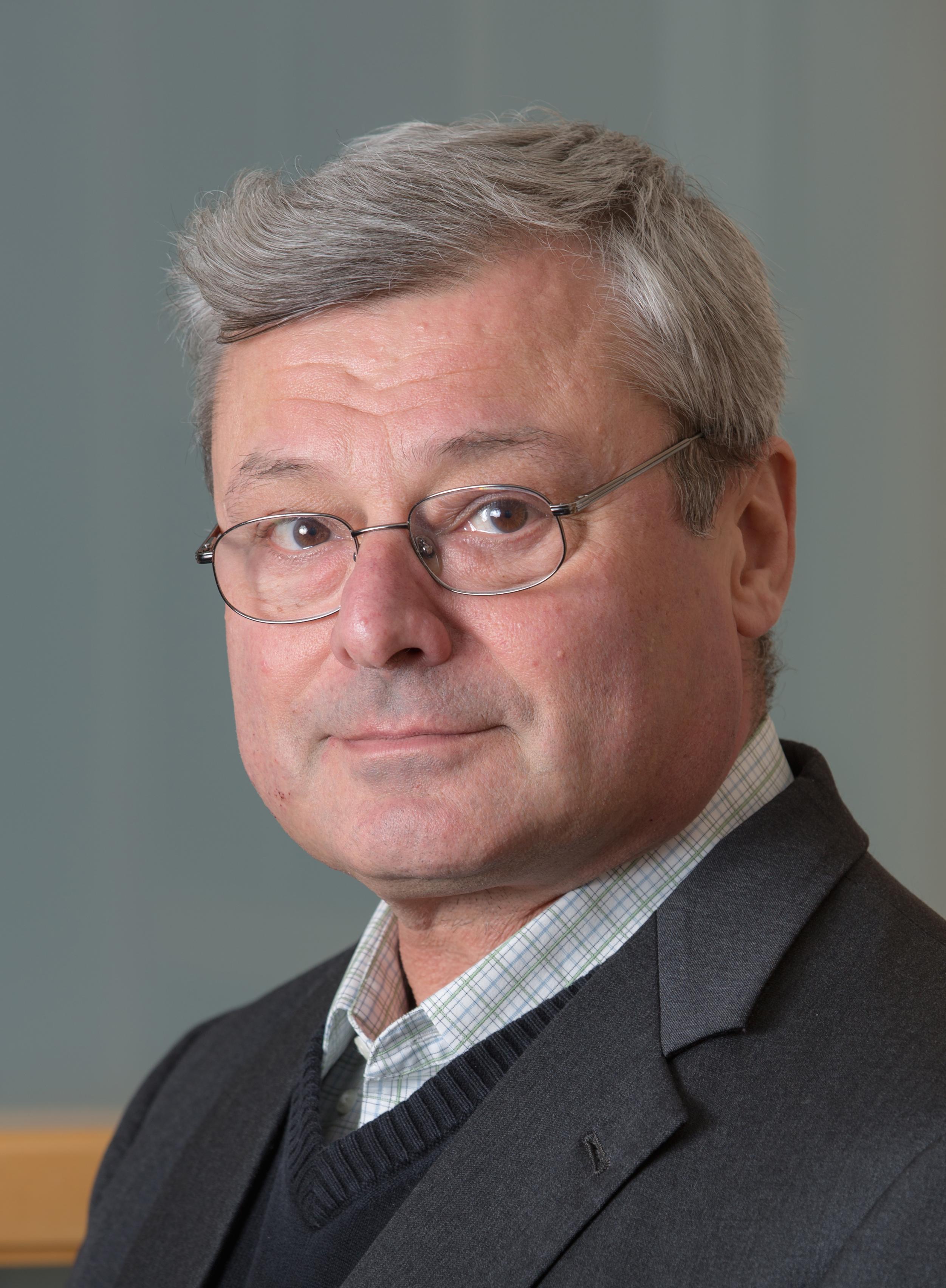John Sedivy
Country:
USA
Professor John Sedivy joined the Brown Faculty in 1996 and is a member of the Department of Molecular Biology, Cell Biology and Biochemistry. He obtained his PhD from Harvard in 1985, and subsequently trained with the Nobel Laureate Philip Sharp at the MIT Center for Cancer Research. He started his independent research career at Yale University in 1988.
John Sedivy's research on cell cycle regulation and signal transduction, focusing initially on the Myc oncogene and subsequently on replicative senescence (cellular aging), has been continuously funded by the National Institutes of Health since 1989. In 2003 he became interested in genomics, and his work on Myc-regulated gene networks led to an involvement in bioinformatics and systems biology. In 2004 his lab started work on single-cell assays of cellular senescence by developing a robust biomarker of telomere-initiated senescence. Using this assay they delineated the signaling pathways between dysfunctional telomeres and the cell cycle, and in 2006 published the first comprehensive in vivo quantification of cellular senescence in aging primates. In 2006 they also discovered that c-Myc contributes to the regulation of chromatin states though the Polycomb pathway, initiating their entry into epigenetics. This led to the development of single-cell assays showing age-associated in vivo expansion of heterochromatin, and current studies of genome-wide chromatin changes in cellular senescence as well as organismal aging.
In addition to writing the first comprehensive book on gene targeting in 1992, John Sedivy has published over 140 original articles. He has served on numerous study sections and advisory committees at the National Institutes of Health, the American Cancer Society, and the US Army Breast Cancer Initiative. He has consulted extensively on the genetic manipulation of mammalian cells to the biotech industry, including Biogen, Eli Lilly & Co., Abbott Laboratories, and Millenium Pharmaceuticals. He maintains an active role in the field of aging, as a founding member (and current chair) of the CMAD study section at the National Institutes of Health, co-Editor-in-Chief of the journal Aging Cell, and chair of the 2015 Gordon Research Conference on the Biology of Aging. He has fulfilled major administrative leadership roles at Brown University, including chairing the Department of Molecular Biology, Cell Biology and Biochemistry, and founding an academic center for Genomics and Proteomics.
